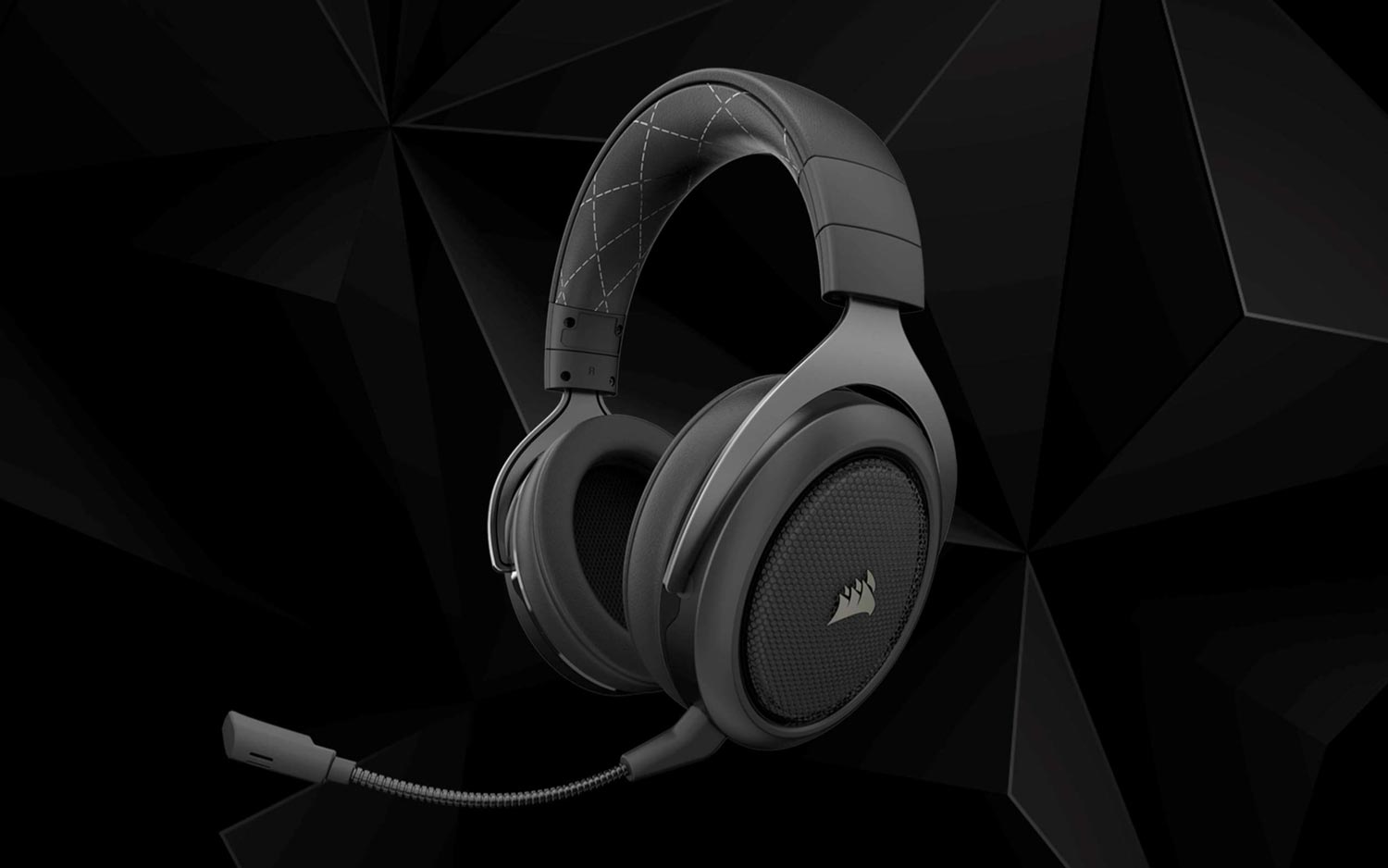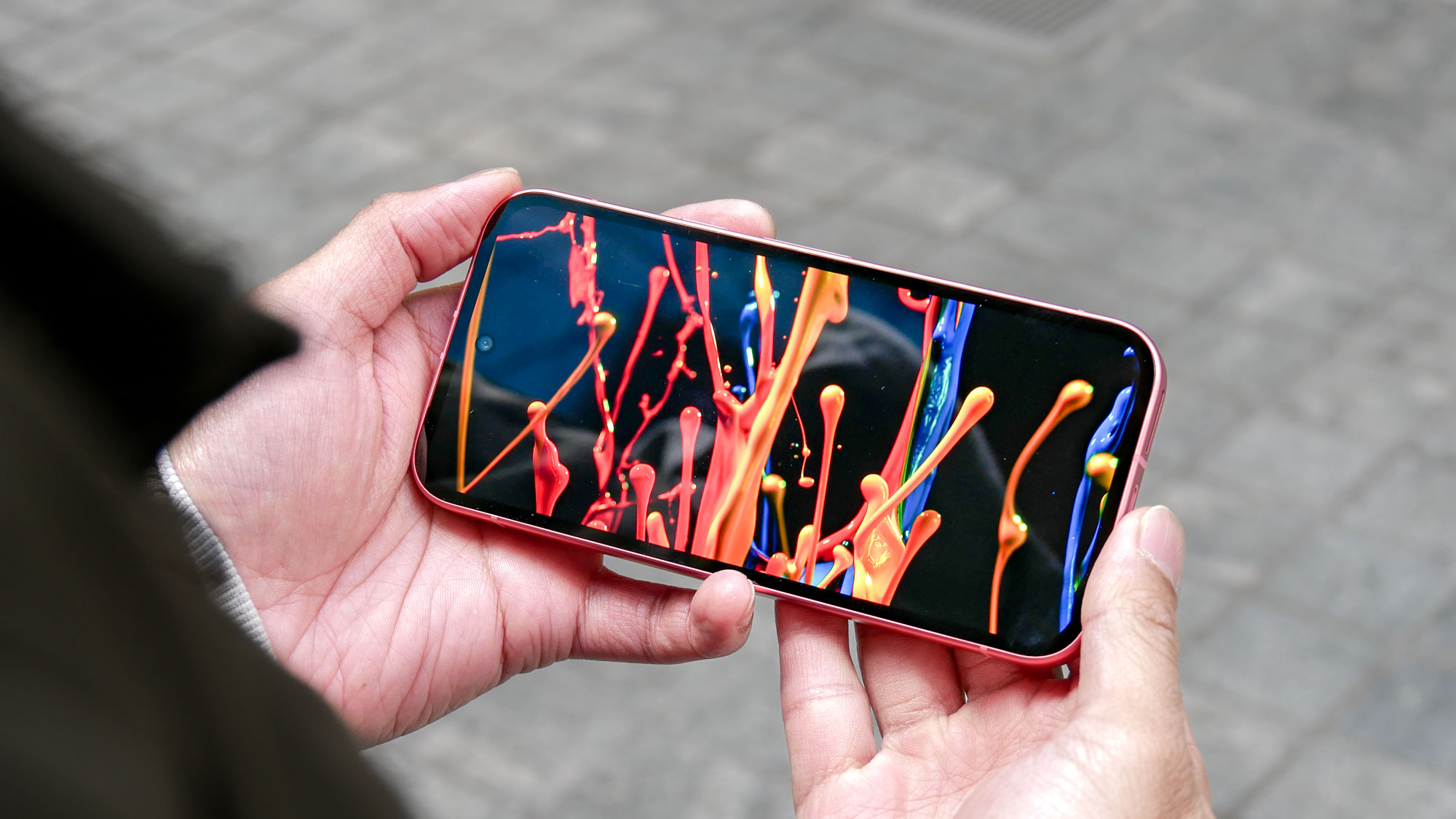Tom's Guide Verdict
In spite of a few missteps, the Corsair HS70 delivers quality sound and high-fidelity wireless at a reasonable price.
Pros
- +
Comfortable fit
- +
Good sound quality
- +
Reasonable price
Cons
- -
Bulky design
- -
Inconsistent software
- -
Limited customization
Why you can trust Tom's Guide
The Corsair HS70 ($90) reminds me a lot of the Corsair HS50, and that's both good and bad. Like the HS50, the HS70 is a competent-but-unremarkable headset that provides better-than-average sound quality for the price. However, the HS70 also resembles its wired counterpart in that it's pretty plain-looking and doesn't have many standout features to call its own.
Since the HS70 is a very straightforward headset, I feel it merits a very straightforward recommendation. Pick up the HS70 if you want to spend less than $100 on a perfectly capable wireless headset that works with both the PC and the PS4. There are some design flaws, and the software integration leaves something to be desired, but you get quality sound and high-fidelity wireless at a reasonable price. Corsair fans have come to expect no less.
Design
If you remember the HS50 — which was, admittedly, not the most memorable headset ever — the HS70 looks pretty similar, minus a wire.
The HS70 sports a sturdy, solid aluminum chassis and oversized leatherette ear cups, although there's no lighting this time around. (However, you can get the headset in either a plain black or a plain white.) The left ear cup houses a detachable mic, a volume control dial and a mic mute button. The only thing on the right ear cup is a power button.
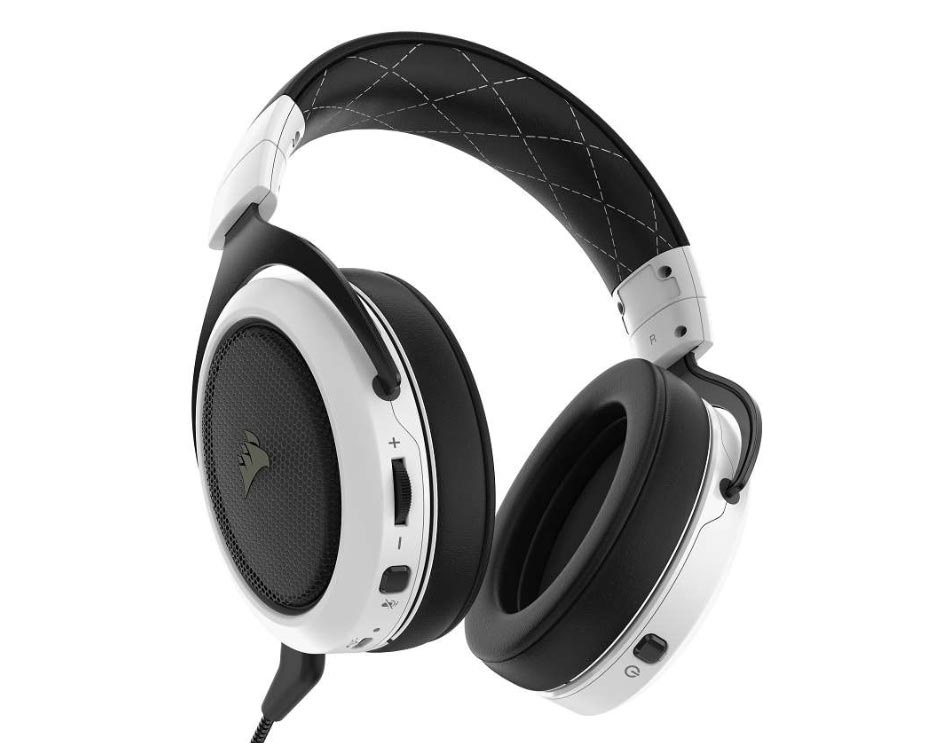
The headset doesn't feel too crowded, and while I prefer retractable mics to detachable ones, it's still pretty easy to remove the flexible microphone if you want to lose yourself in a single-player game for a while. The headband, like the ear cups, looks pretty large, but provides plenty of padding.
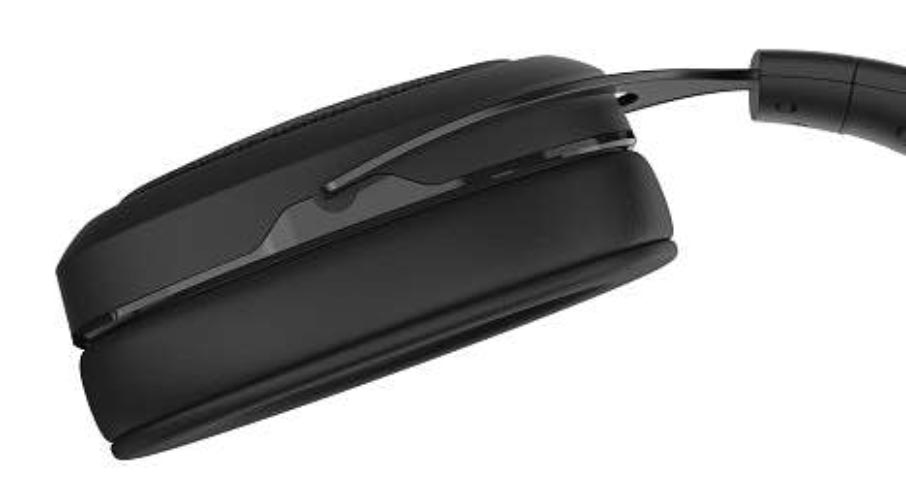
While the HS70 has a definite "gamer" feel to it, it's not overly aggressive or stylized. The device is a bit too bulky to wear outside the house, but since it requires a USB dongle to function, anyway, your opportunities to do so would be limited. Overall, the HS70 is somewhere between "inoffensive" and "understated" on the style scale.
Comfort
At 11.6 ounces, the HS70 isn't too heavy, and its weight feels well distributed. When I used it, it sat lightly on my head, and I was able to adjust the rigid, notched headband without too much trouble. Even while I was wearing glasses, the ear cups didn't press down too tightly, and I was able to wear the headset for hours on end; I listened to music, watched TV shows and played games without difficulty.
MORE: The Best Headsets for Immersive Gaming
I handed off the HS70 to a co-worker, who also said it felt comfortable and light. He particularly liked the plush feel of the ear cups.
Gaming Performance
I ran the HS70 through a variety of games and found that it handled every genre well. Turning on the surround sound and activating the Competitive FPS profile in the Corsair Utility Engine (CUE) software made every sound in Overwatch feel immediate and vibrant. The Pure Direct setting and stereo sound were perfect for commanding armies in StarCraft: Remastered and completing quests in World of Warcraft.
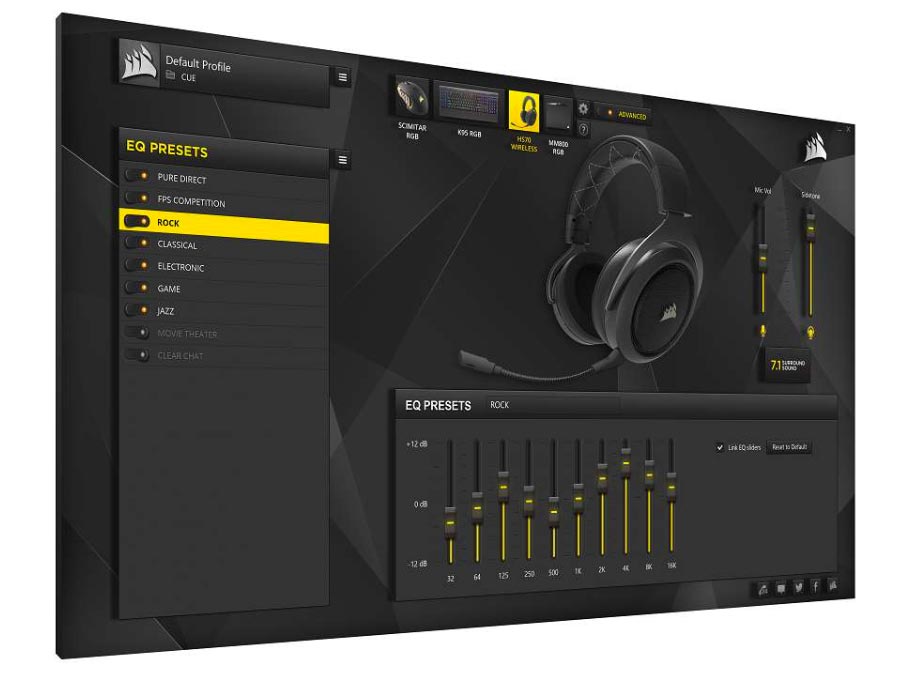
Just be aware that you can't set different equalization profiles for PS4 games. I didn't find this to be a problem, but if you're dying for surround sound or a bass boost on PS4, you'll have to invest in a different headset.
Features
First, the HS70 is a wireless headset. The peripheral connects via USB dongle to a PC or PS4 and can theoretically work from up to 40 feet away. In practice, it's more like 30, depending on your line of sight, but the bottom line is that it works fine in both a gaming desk and a living room setup. The wireless quality was flawless on both systems during my tests.
If you want to fire up the CUE and tweak additional settings, though, things get a little more complicated. I tested the HS70 on two different gaming rigs. The second one recognized the HS70 right away. The first one was quite a bit more difficult to address.
Turning on the surround sound and activating the Competitive FPS profile in the Corsair Utility Engine (CUE) software made every sound in Overwatch feel immediate and vibrant.
Although the HS70 functioned properly in Windows, I could not get the CUE software to recognize it. This led to an afternoon-long trip down the rabbit hole of Corsair forums, where I discovered that I was not the first person to encounter this problem with one of the company's headsets.
To make a long story short, Microsoft installs its own drivers by default. But for the CUE to recognize the headset, it has to have Corsair drivers. This kicked off a long and arduous process of uninstalling and reinstalling drivers and software, and restarting my computer a whole lot.
Assuming you can get the CUE up and running, though, the functionality is pretty straightforward. You can activate the 7.1 surround sound (which works well, although I preferred the stereo setting for the most part), adjust the mic volume and sidetone, and play with equalization profiles. There are five built-in profiles, which cover applications like playing FPS games and watching movies, and you can make your own as well. The CUE software doesn't do much for the HS70, but what's there is useful — though I would like it if the program told you the battery life as well.
MORE: PS4 Games: Our Staff Favorites
The sparse features in CUE can feel indicative of the headset overall. The volume dial doesn't sync up with the volume level in Windows — meaning you'll have to manage both separately. There's no physical button to change equalization profiles on the fly. The obnoxious "powering down" idle message plays after only a few minutes, and there's no way to change how long it takes.
Overall, I'm glad that the HS70 has its CUE features (and that I was able to get them to work). But the peripheral could use a few more customization options, even if its shortcomings are largely minor annoyances rather than significant flaws.
Music Performance
Given the HS50's lackluster musical chops, I was pleasantly surprised to find that the HS70 performed about as well as I'd expect for a $100 headset, wireless or not. I listened to music from Flogging Molly, Old Crow Medicine Show, The Rolling Stones and G.F. Handel, and was impressed with the crisp vocals, defined instruments, and sensible balance between bass and treble. (I admit that the bass boost equalization setting came in handy for choral music, but it wasn't strictly necessary.)
Even while I was wearing glasses, the ear cups didn't press down too tightly, and I was able to wear the headset for hours on end, as I listened to music, watched TV shows and played games.
The HS70 isn't quite as rich as a dedicated set of music headphones, of course, but you can use it for everyday listening just as well as gaming. It's too bad there's no way to connect the device to a smartphone or tablet, though.
Bottom Line
The HS70's extra features don't work perfectly, and its physical design lacks a certain flair. But the fact is, the headset sounds good, works properly and costs a whole lot less than most wireless headsets. Comparable models from SteelSeries and Astro are somewhere in the $150 range, and I've reviewed $100 wired headsets that don't sound any better than the HS70.
While the low price doesn't quite make up for the limited extra features or the potentially troublesome software, the HS70 is nonetheless a straightforward, well-made device that delivers clear sound on the PC and the PS4.
Credit: Corsair
Marshall Honorof is a senior editor for Tom's Guide, overseeing the site's coverage of gaming hardware and software. He comes from a science writing background, having studied paleomammalogy, biological anthropology, and the history of science and technology. After hours, you can find him practicing taekwondo or doing deep dives on classic sci-fi.
